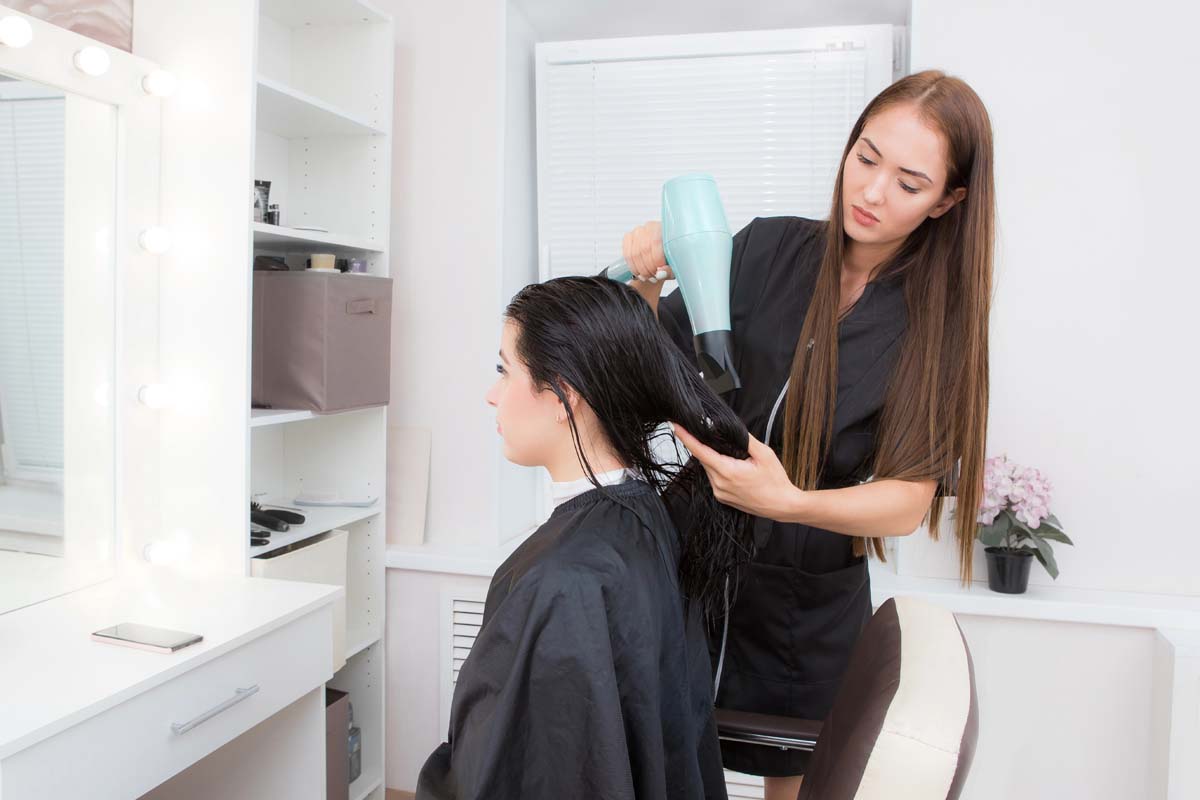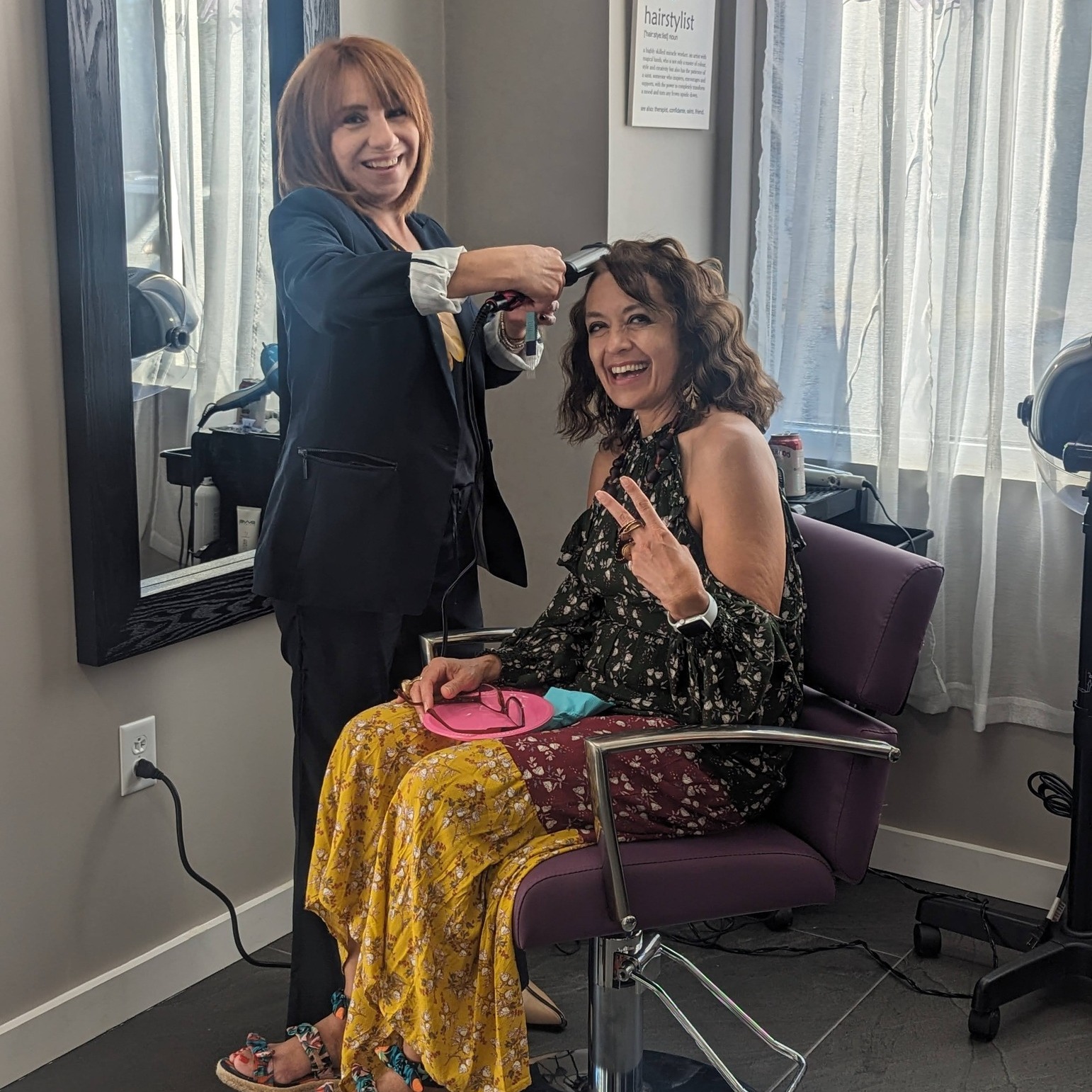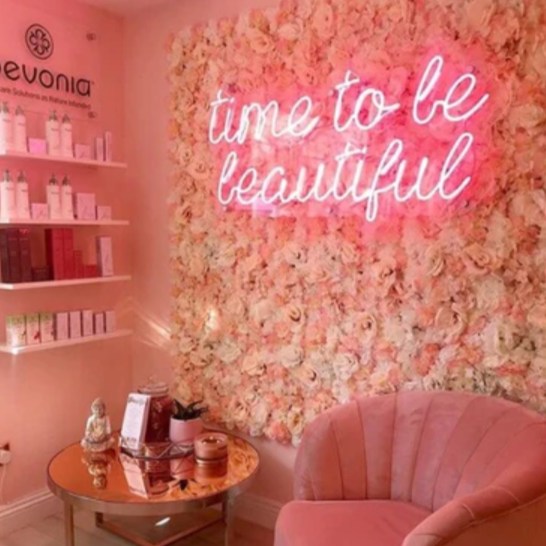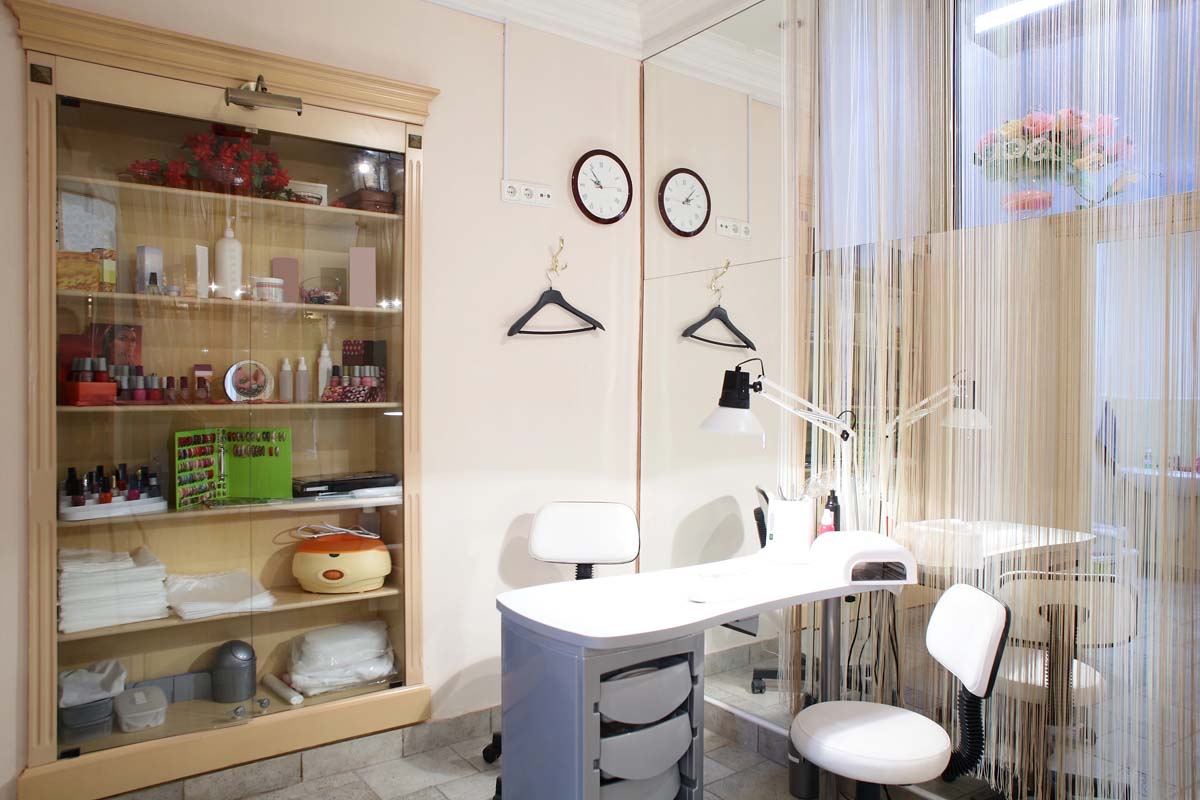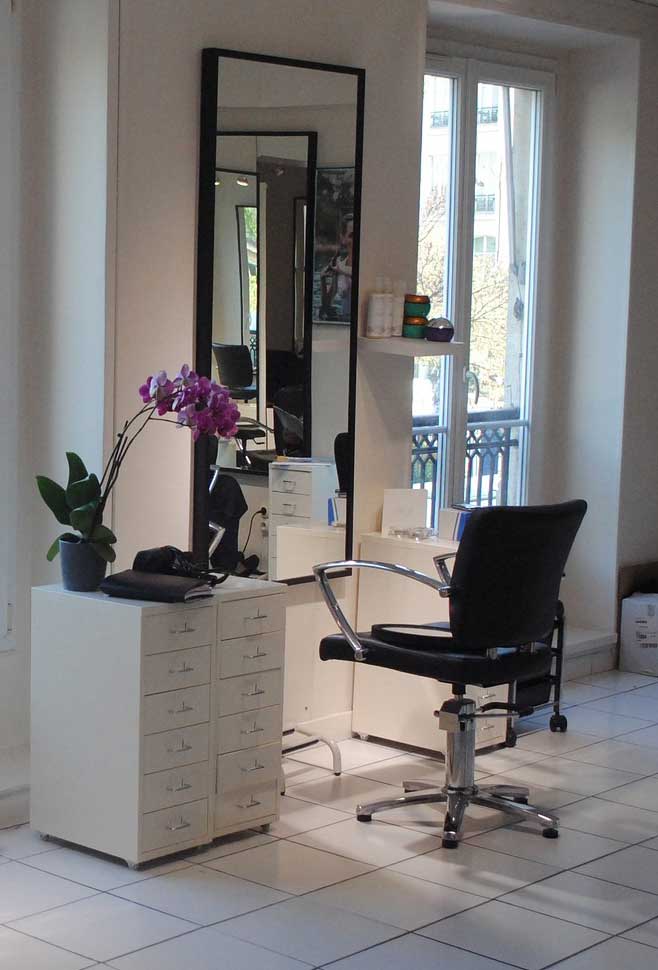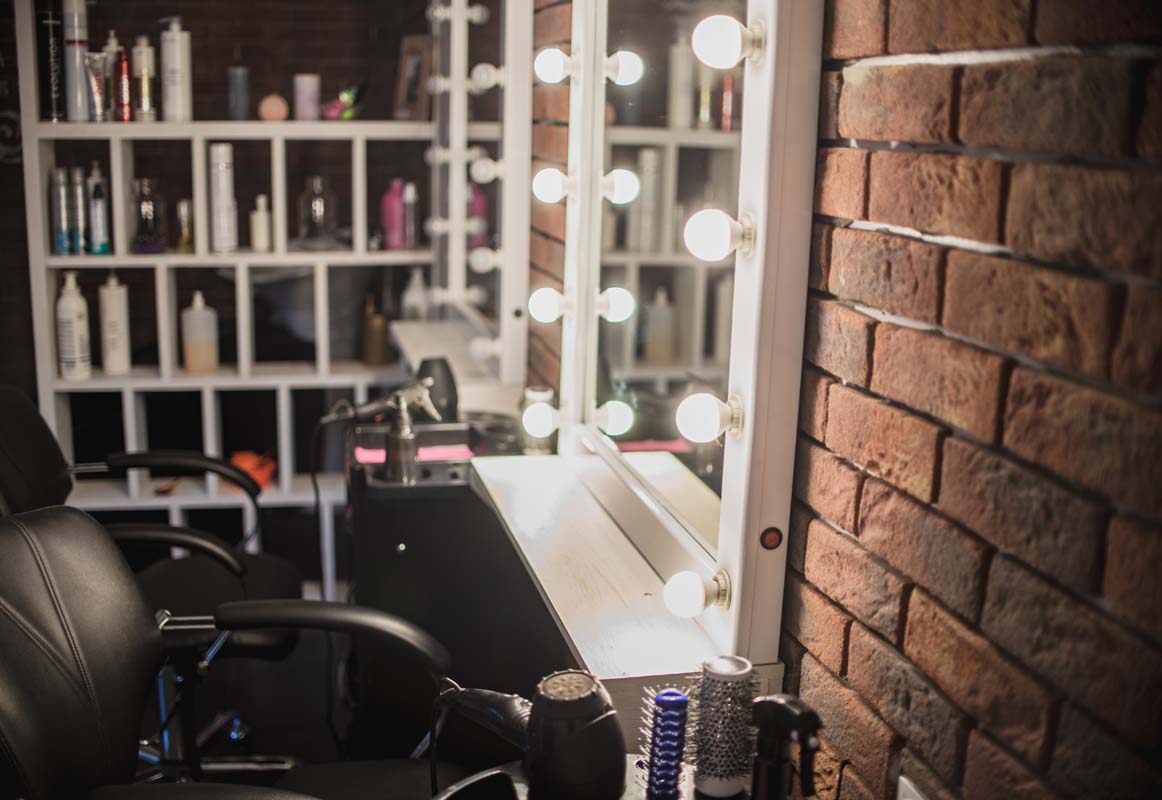The places where people go to get their hair cut, styled, or maintained are often referred to as either barber shops or a hair salon. While these terms are sometimes used interchangeably, they carry distinct connotations, histories, and cultural associations that set them apart. The choice of name is not just about semantics; it reflects traditions, services offered, and even social dynamics.
We are Hill Country Salon Suites, serving the Greater Georgetown Metro area with twenty-six affordable luxury salon suites. Call us today at 512-380-2500 for more information. Now, though, let’s talk more about naming your hair service establishment.
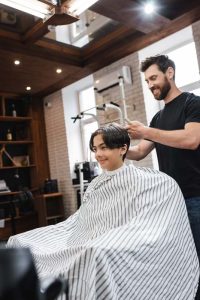
The history of the barber shop
Historically, barber shops have been deeply rooted in male grooming. Originating in ancient Egypt, Greece, and Rome, barbers were not just hairstylists but also surgeons, dentists, and community healers. The iconic barber pole, with its red and white stripes (and sometimes blue), symbolizes this dual role, with red representing bloodletting and white symbolizing bandages. Over time, as medical practices became more regulated, barbers transitioned to focus on haircuts, shaves, and other grooming services tailored specifically to men. The barber shop became a masculine domain—a place for camaraderie, debates, and a sense of community.
Compare that to a hair salon
Hair salons, on the other hand, are historically associated with women’s beauty and grooming. The term “salon” evokes sophistication and elegance, deriving from French culture. Hair salons emerged in the late 19th and early 20th centuries as spaces catering to women seeking intricate hairstyles, perms, and dye jobs. Over time, salons expanded their offerings to include services like manicures, pedicures, and skincare, positioning themselves as comprehensive beauty hubs. The salon experience is often associated with pampering and self-care, offering a more personalized and luxurious environment.
Important differences to consider
The difference between barber shops and hair salons extends beyond history and aesthetics; it includes training, licensing, and services. Barbers are typically trained in techniques specific to short hairstyles, fades, beard trims, and shaves. Their tools often include clippers, razors, and scissors, tailored to precision and efficiency. Conversely, hairstylists in salons receive training that encompasses a broader range of skills, including long haircuts, coloring, blowouts, and chemical treatments. This specialized training shapes the clientele each type of establishment attracts.
Despite these traditional distinctions, the lines between barber shops and hair salon suites for rent have blurred in recent years. Many barber shops now offer services like hair coloring and eyebrow grooming, while some salons cater to men, offering tailored cuts and beard trims. The rise of unisex establishments reflects shifting cultural norms, where grooming and self-expression are no longer bound by gender binaries.
The choice of calling an establishment a “barber shop” or “hair salon” often boils down to branding and audience targeting. A barber shop might use its name to signal authenticity and tradition, appealing to clients who value a classic, no-frills experience. A hair salon, by contrast, may emphasize modernity, versatility, and a more extensive menu of services, attracting those seeking a comprehensive beauty experience.
Ultimately, whether one visits a barber shop or a hair salon often depends on personal preference, style needs, and cultural influences. While the names might evoke different images and experiences, both serve as places where people come to feel confident, cared for, and transformed. The significance lies not just in the name but in the meaningful human connections and artistry that these spaces foster.
A final word about Hill Country Salon Suites
Hill Country Salon Suites is locally owned and operated. Call us today about a hair salon suite and arrange for a tour of our facility, at which time we will explain our outstanding amenities package, a real deal-breaker for a small business just starting out.

